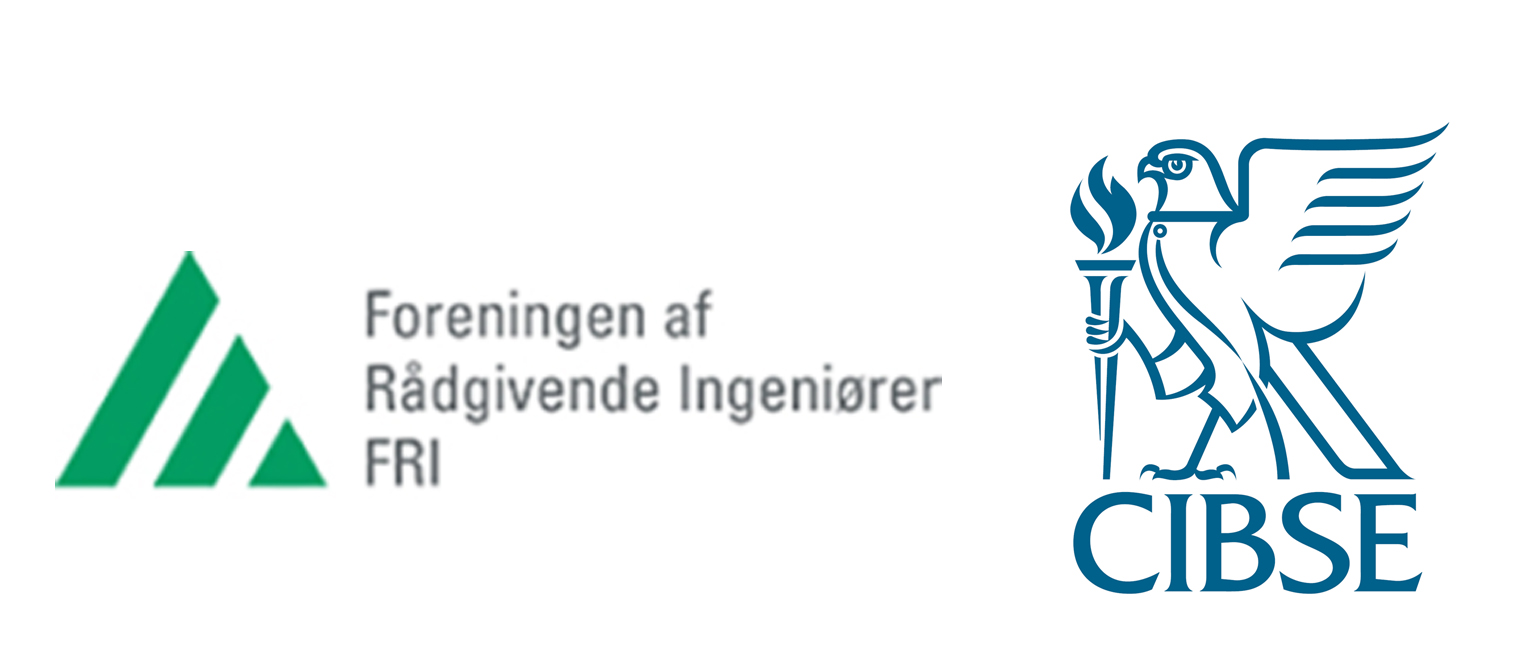Implementing circular principles in Life Cycle Assessments (LCA)
Implementing circular principles in Life Cycle Assessments (LCA)
This summer, Helena and Rikke from henrik●innovation completed their master’s thesis on a topic that is becoming increasingly crucial for the future: Implementing circular principles in Life Cycle Assessments (LCA).
Their research addresses a pressing issue in the construction industry, which is a major focus at henrik⋅innovation — how can we design buildings that not only reduce greenhouse gas emissions but also adapt to future uncertainties such as changes in climate and society?
A promising solution is Design for Disassembly (DfD), an approach that enables buildings to be dismantled at the end of their life cycle, allowing materials to be reused or recycled. However, the traditional LCA method used in Denmark does not fully account for the benefits and uncertainties associated with DfD. This gap prompted Helena and Rikke to explore new LCA methods that consider future uncertainties regarding the lifespan and recycling potential of materials.
A central aim of their research was to investigate the implications of incorporating dynamic factors that represent future uncertainties, such as the methods proposed in the DGNB 2025 pilot manual and under consideration in the EU taxonomy.
Their findings provide valuable insights for decision-makers and practitioners, demonstrating how sustainable design strategies like DfD can be better represented and incentivized through LCA.
Image: GXN Innovation (3xn.com)
- Post Categories
- Latest news




